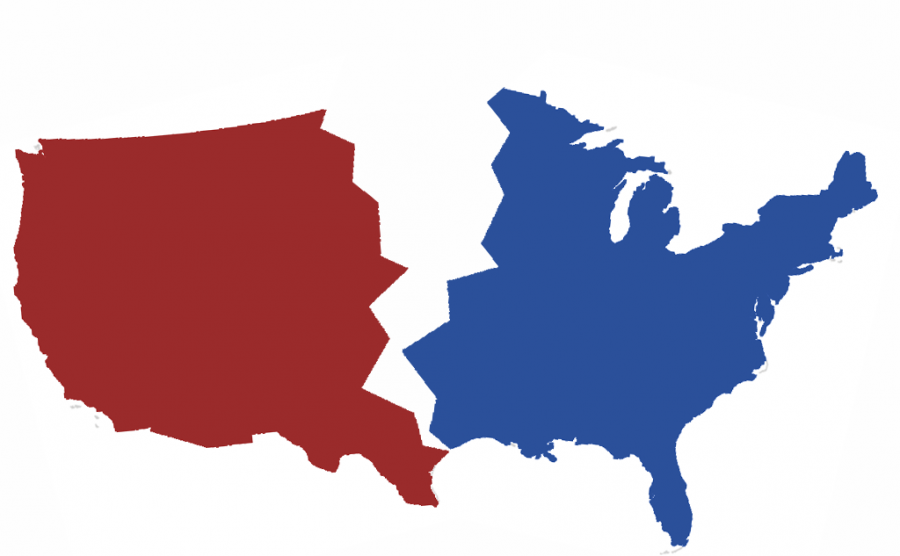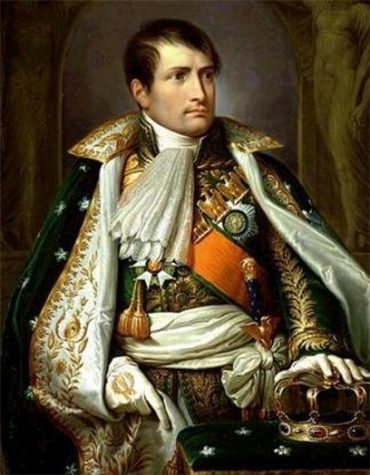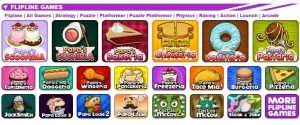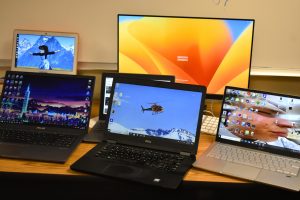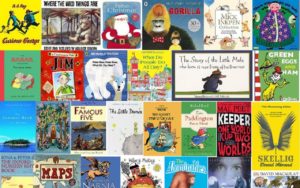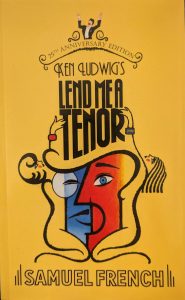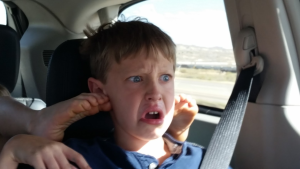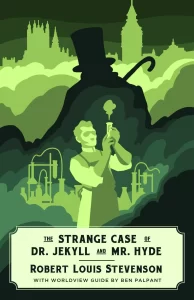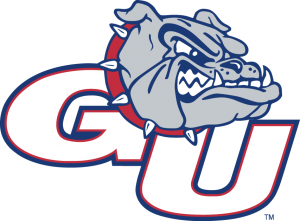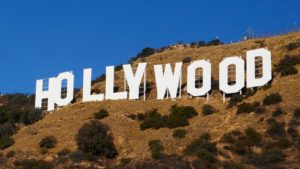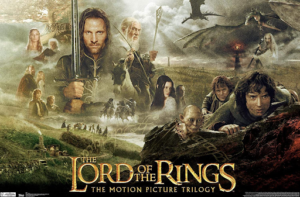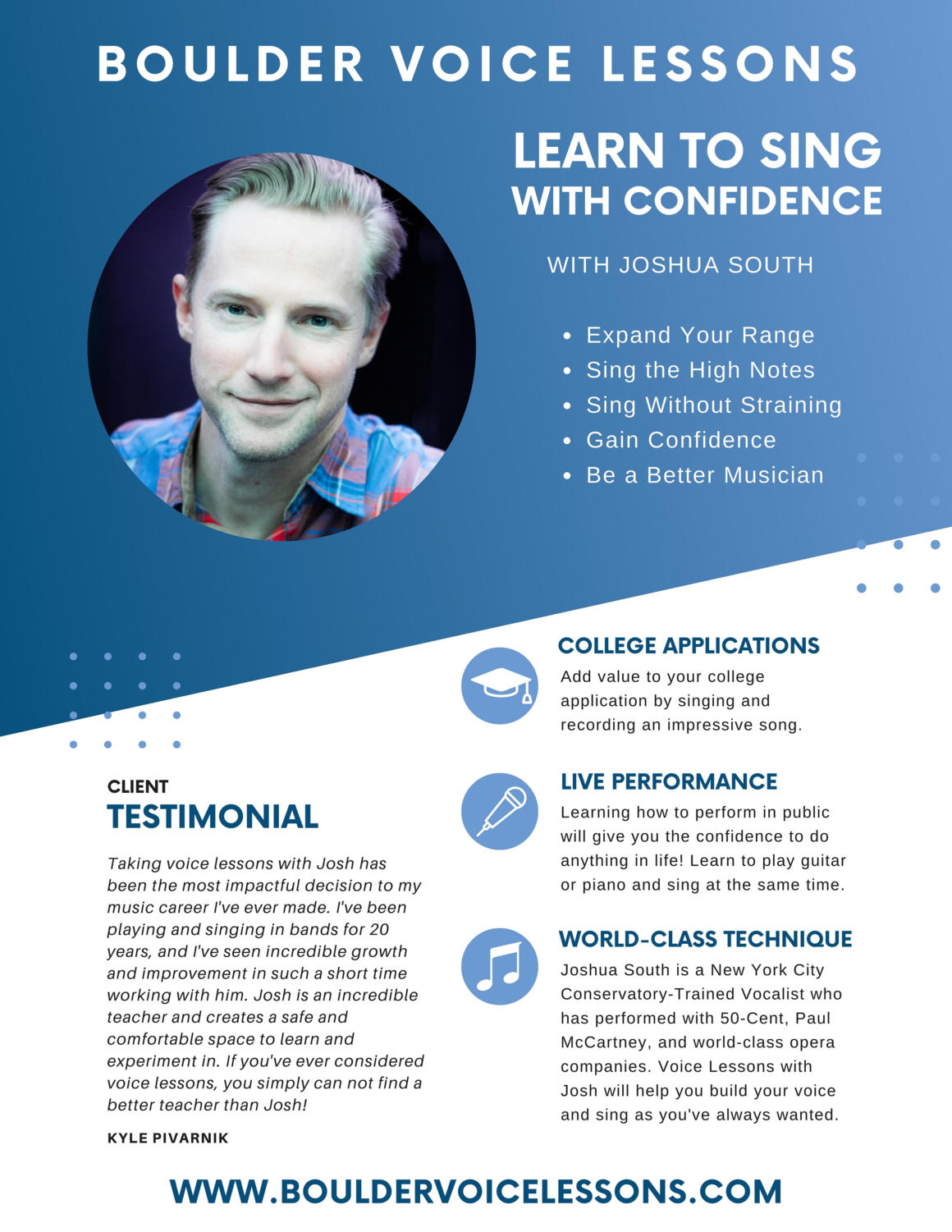The Growing Divide
More and more, America’s Democracy seems split down the middle.
October 22, 2018
 he 2016 Election was a major milestone in the course of our history, shifting the national political trajectory away from the somewhat moderate, less partisan Obama Era. It instead directed the political landscape towards the more brazen, partisan, and turbulent Trump administration.
he 2016 Election was a major milestone in the course of our history, shifting the national political trajectory away from the somewhat moderate, less partisan Obama Era. It instead directed the political landscape towards the more brazen, partisan, and turbulent Trump administration.
2016 was incredibly divisive, two separate worlds clashing dramatically within a single country. It represented the rift between two vastly different communities in terms of ideology, values, and perspective that had gradually drifted apart over the course of the last few decades. As a result of this self-imposed partition, any result in the election that was a triumph of one faction would have shocked and confused the opposing caucus, due to their seclusion and isolation, and their choice to act without regard for the other due to their non-interaction with their perceived adversaries.
This division in our union has expanded greatly over the past decade especially, but the split has emerged in different forms throughout American history, the blood feud occasionally splattering across the American conscious.
But what sets today’s crisis apart from the Civil War or the Gilded Age or the War on Drugs, is the internet. Never before have people been so adeptly able to hide from the real world and instead shield themselves from other opinions and perspectives, the internet being the most protective and destructive sanctuary yet invented.
I, just like everyone else, think the internet can be—and sometimes is—a tool for good: an educating force that brings all of the human knowledge to your fingertips. I thought that this networking device that forms a new system of communication unmatched in history, as well as empowers anyone who can get access to the web to hold authority accountable, would have a major positive impact on society: especially the interaction between government and the people it serves.
But I was wrong. Although it did achieve some astonishing feats, such as aiding in the education of those eager to learn, it failed to connect people on a national level. The internet only made the self-categorization of people easier, with the advent of social media into the cultural and political sphere of the general public. This allows the majority of the American public not to learn from those different from them, therein opening their minds, but instead allows them to only listen to those whom they agree with and close themselves off from their now self-prescribed enemies. The internet only made the bad situation in the United States worse, aggravating the disunity in our now almost anachronistic union.
I write this not as an editorial to argue for the abolition of the internet, that would be ridiculous, but instead to advocate for a convention of the two sides. A conversation between the conservative and liberal nations.
I believe that is the only way that we can keep our United States together: we have to put our differences aside and talk to those we disagree with. It will take a lot of work to heal our homeland, a concerted effort from both factions is imperative, but I believe that if we can muster the courage to reach across the aisle, the country we share will be a much better place.
This is intended as a message of optimism: the resolve that our country is in a bad place, an atrocious scenario of partisanship and bitter rivalry, but the conviction that with a concerted effort to hear out opposition and understand their opinion we can defy the negative environment, piece by piece reconstructing the stability we enjoyed in the anecdotal, idealised past.


